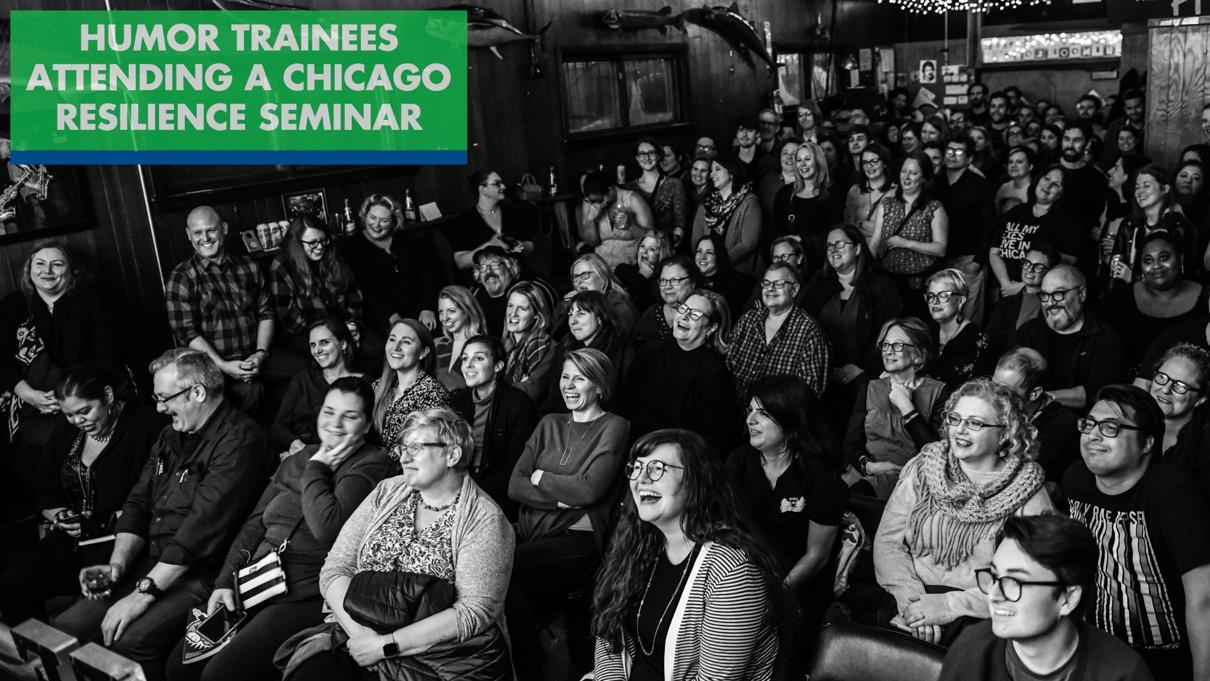Humor is no mere “sense;” it is a social and cultural practice that enables each one of us to construct and recognize novel meanings and connections within our lives and worlds. The idea that humor relies on incongruity that defies our expectations has been around for millennia, but the mid-20th century work of Arthur Koestler elevated humor to be creatively on par with other artistic and intellectual feats. In this PechaKucha, I link my personal fascination/obsession with humor to Koestler’s concept of ‘bisociation’ – the connection of two seemingly unrelated or incommensurate frames of reference – to tell the story of how I became the ethnographer I am today. Beginning with my discovery of the work of George Carlin and moving through a life of evolving engagement with humor – academically, at work, and on stage – I have developed the belief that what we laugh at can help us arrive at novel ideas and make our thought (and therefore action) nimble and resilient in the face of entrenched habits and assumptions.
Keywords: Humor, Creativity

“Humor Trainees Attending A Chicago Resilience Seminar” © Evan Hanover
Evan Hanover is a Director at Conifer Research where he has applied background in ethnographic methods and semiotics to study everything from travel on cruise ships to rapid diagnostic testing to cleaning your bathroom. He has degrees in anthropology from Cornell University and the University of Chicago. evan@coniferresearch.com
